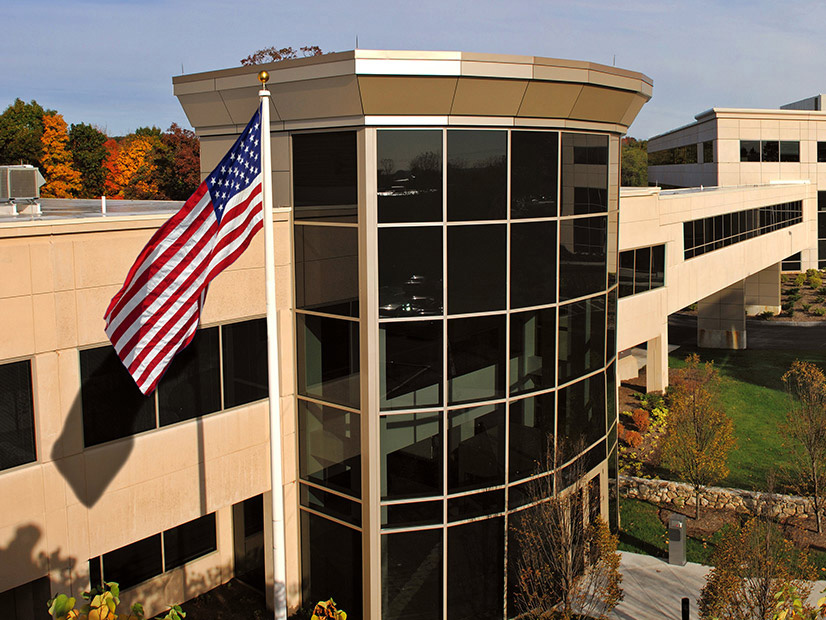
DER Interconnection Process
ISO-NE is proposing a change to its rules that would always send distributed energy resources through state interconnection processes.
In a presentation to the NEPOOL Transmission Committee on Wednesday, Al McBride, ISO-NE’s director of transmission strategy and services, said doing so would get rid of a complex decision on whether new DER projects should be under the jurisdiction of state interconnection rules or FERC’s.
McBride said that tracking the jurisdiction status of thousands of DERs in the region is “extremely challenging and time-consuming.” And some developers, he said, are being forced to complete both state and RTO processes for no reliability purpose.
Under the proposed change, all distribution-connected generation would go through state interconnection processes, although it would still be reviewed by the RTO because of the rules laid out in section I.3.9 of the tariff.
The RTO is planning to present redlines at next month’s TC meeting.
Update on Ambient-adjusted Ratings Compliance
ISO-NE is also working on a compliance filing for FERC Order 881, which requires the incorporation of ambient-adjusted transmission line ratings. Such ratings take air temperature into account when determining how much electricity can move through the lines.
Graham Jesmer, ISO-NE regulatory counsel, told the committee that the RTO is moving to have the filing ready by a July 12 deadline.
The order requires RTOs and ISOs to “allow transmission owners to electronically update transmission line ratings at least hourly.”
The compliance filing will consist of a new attachment to the tariff, which the RTO will be writing over the next few weeks.
After it finalizes the filing, ISO-NE will have to move to implementation, which has a deadline of July 2025, Jesmer said. That will involve changes to the RTO’s governing documents and systems and software, as well as conversations with transmission owners and providers, which Jesmer said are already underway.
676-J Compliance
The committee also voted to recommend that the Participants Committee approve the RTO’s revisions to Schedule 18 and Schedule 24 of the tariff. The revisions would address FERC’s directive in Order 676-J to incorporate by reference cybersecurity standards and Parallel Flow Visualization standards from the latest version of the Standards for Business Practices and Communication Protocols for Public Utilities adopted by the Wholesale Electric Quadrant of the North American Energy Standards Board.


